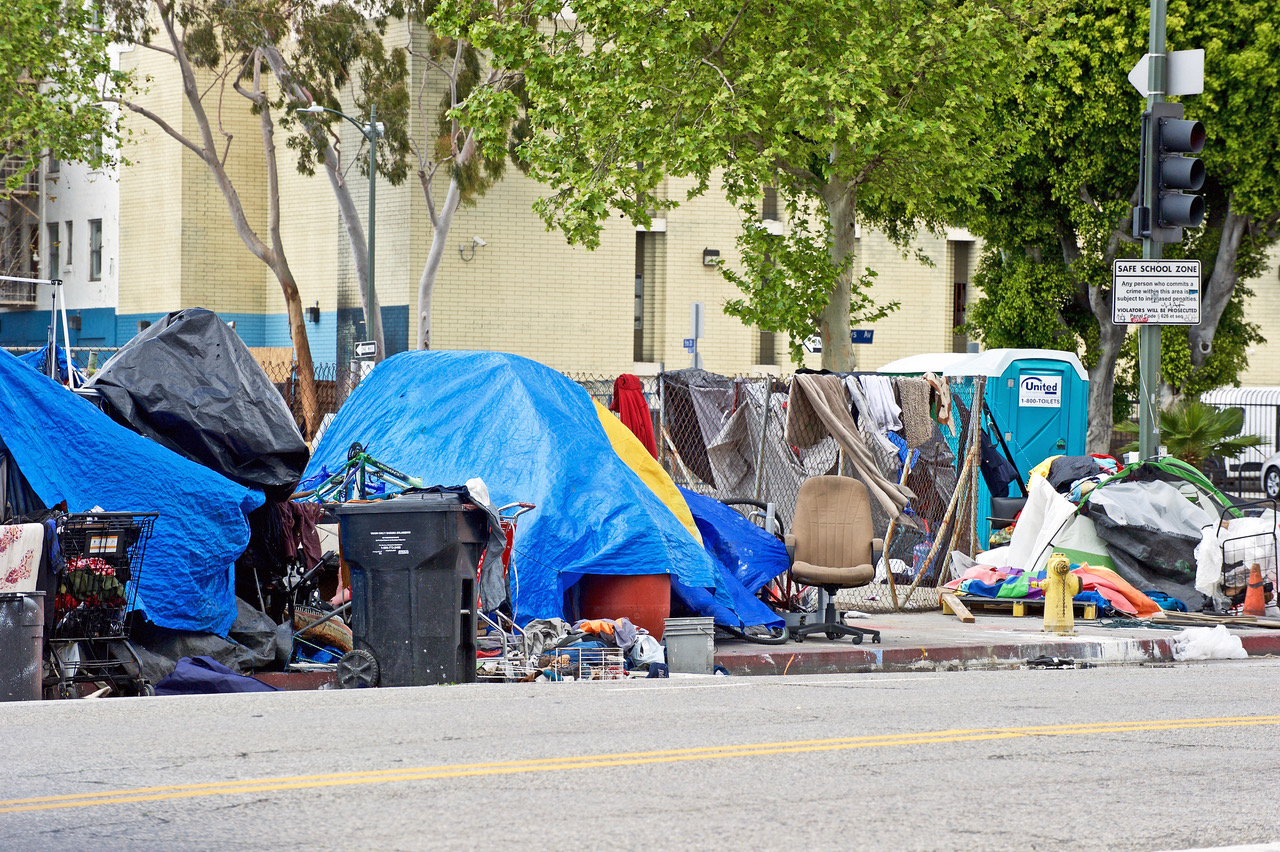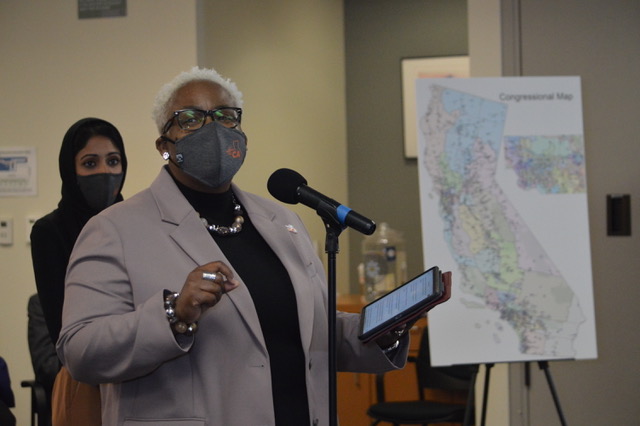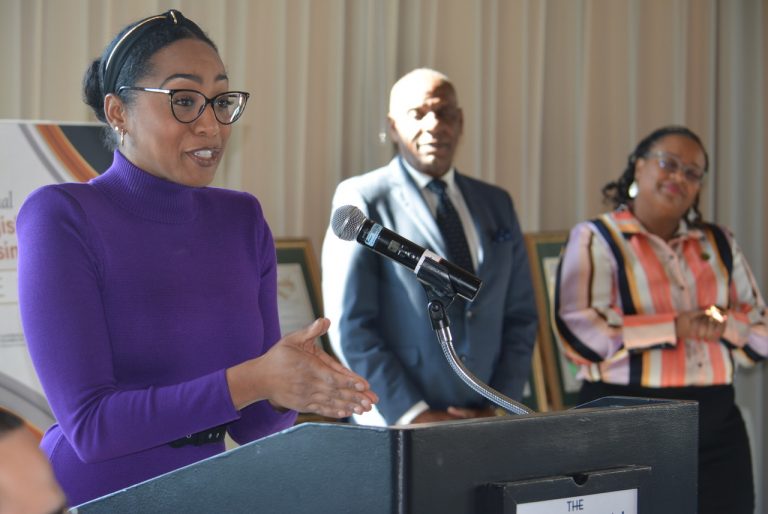
Medi-Cal Expands Services to Provide More Help to Unhoused Californians
Edward Henderson | California Black Media
Medi-Cal, California’s version of Medicaid, is currently transforming to expand coverage for unhoused and at-risk individuals across the state.
The rollout for these changes began on Jan. 1, 2022.
New programs include rental and deposit aid, recuperative housing, rehabilitation and sobering centers during the day and the provision of street medicine: mobile units that bring care to unhoused individuals.
To be eligible, individuals must be enrolled in the Medi-Cal Managed Care Plan and are currently experiencing or deemed at risk of homelessness.
Medi-Cal covers the cost of clinical care and other approved healthcare expenses for people with limited income and resources.
“Our unhoused population have inadequate access to shelters, lack of food and care,” said Glenn Tsang, Policy Advisor for the California Department of Health Care Services (DHCS). “They tend to have extensive medical and behavioral health needs that are difficult to address in an unstable living environment. To help address this, enhanced care management tends to build consistent connections to medical care, behavioral health care and housing stabilization services.”
Tsang was speaking at a news briefing focused on Medi-Cal expansion hosted by Ethnic Media Services.
According to the DHCS, new services Medi-Cal is offering to unhoused Californians and other state residents experiencing housing instability are:
- Lead Care Managers will assist members to build relationships with members and direct them to the services they need most. There are 14 housing services under the community support program with 6 of them directly focused on the unhoused population, according to the DHCS.
- Housing transition navigation services guide individuals through the process of identifying stable housing. It aids with housing searches, applications, contacting landlords, and housing deposits for security deposits and other upfront costs,
- Housing sustaining services help members maintain their new residence with landlord mediation, budgeting assistance and connections to other community services.
- Short term post hospitalization and recuperative care offers housing options for individuals who have just been discharged from the hospital without a home to go to to recover.
- Day habilitation programs assist with daily living activities like using transit systems to help unhoused individuals get to where they need to go.
- Transitional rent is currently not covered by Medi-Cal. However, an application is available to access this program. It will potentially cover up to 6 months of rent for people transitioning from hospitals and jails to help prevent common pathways to homelessness.
- Street medicine programs will provide direct medical assistance to individuals living on the street. This alleviates barriers to care associated with transportation to hospitals and healthcare providers by bringing care directly to members.
One key element of the new initiative is that the care provided to members will come from community-based organizations. Amber Middleton, Director of the Hope Program at the Shasta Community Health Center, spoke at the EMS virtual news briefing about how organizations like hers plan to integrate those services for the unhoused community.
“Our goal is to make sure there are access points in all areas where there might be someone who needs care. The whole focus is going to the population and not waiting for things to get so bad that they’re having to seek out services. This is a great example of how breaking down barriers can prevent future issues. We have enhanced care management case managers who go out to build relationships and engagement with the community.”
Middleton also spoke about some of the trust barriers that can form within the unhoused community when accepting health services in her county and beyond. Police raids on encampments create constant movement and fear among individuals who feel law enforcement and may not understand them or have their best interests at heart.
“Many folks who live in the unsheltered community have suffered microaggressions, racism and outright discrimination. Because of this, there is a lack of trust of systems across the board. One of the ways we work on that is engagement and working with them at the place they will meet us at,” Middleton added.
As of Jan 1, 2024, adults aged 26-40 qualify for full-scope medical care through the program regardless of their immigration status. As Medi-Cal continues to expand their services visit the DCHS Website to learn more about what is provided and how individuals can get involved.





